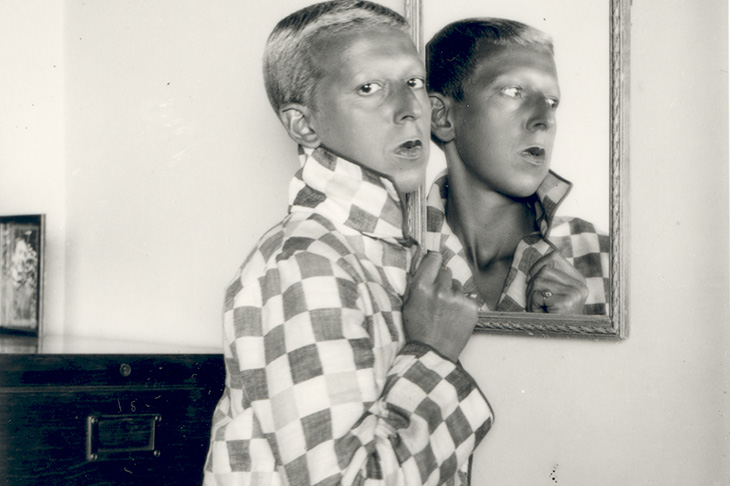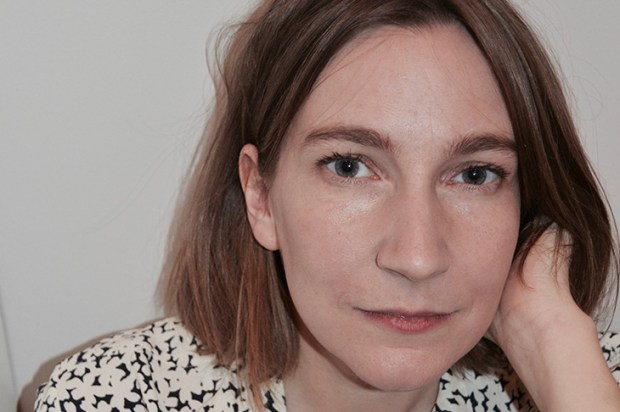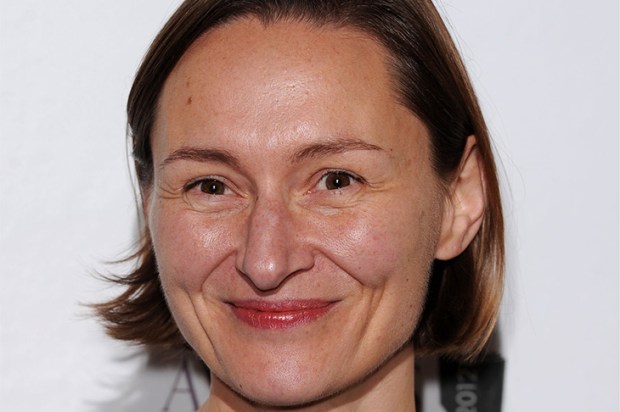In a 2013 interview with a Canadian newspaper, Rupert Thomson acknowledged the strange place he occupies in the literary world. ‘If I had a dollar,’ he mused, ‘for every time I’d heard someone say, “Why aren’t you more well known?…”’
Looking back on his reviews, you can certainly see what he means. For more than 30 years, virtually all his novels have been not only warmly acclaimed; they’ve also been greeted with the sadly inaccurate declaration that now, at last, he’s bound to achieve the wider fame he deserves.
But, as Thomson also acknowledges, in the past decade those missing dollars have taken on a less metaphorical significance. After starting his career in a ‘golden age’ when novelists got decent advances simply for being very good, these days he finds himself in a post-recession world where units need to be shifted.
Perhaps for this reason, in 2010 — having previously denounced the easy popularity of family memoirs — he produced a family memoir. Then, in 2013, he admitted to giving his latest book Secrecy the ‘commercial veneer’ of a historical novel by setting it in 17th-century Florence. Now, with the big breakthrough still awaited, comes Never Anyone But You: another historical novel, but this time with the added commercial appeal of both Nazis and a set of themes that have an impeccably contemporary resonance.
Coincidentally or otherwise, the protagonists are a pair of real-life artists whom Thomson clearly regards as much less well known than they should be. Suzanne Halberde and Lucie Schwob begin their lifelong love affair when they’re teenagers in pre-first world war France. As early adopters of gender fluidity, they soon change their names — to Marcel Moore and Claude Cahun respectively. By the 1920s, they’re collaborating on avant-garde texts, while also fighting ‘a system that was overtly patriarchal’, not least in the Surrealist Parisian circles of which they’re a part.
As the book’s narrator, Marcel keeps emphasising Claude’s status as taboo-busting genius. The trouble is that we rather have to take her word for it — because there’s surprisingly little sense of Claude’s accomplishments, or even of her much-asserted charisma. Instead, the Paris section often becomes a slightly dutiful record of the famous people the two women met, complete with handy CVs. (‘Once, in Le Dôme, we sat next to Apollinaire, the poet who had coined the word “Surrealism”.’)
Admittedly, things do perk up once they move to Jersey just in time for the German invasion. Yet, even in the powerfully dramatic passages when they’re arrested for spreading anti-Nazi propaganda, Thomson never quite soars free of his source material. Everything that happens seems to be happening purely because it did in real life — and not because of the novel’s own narrative logic.
Tellingly, the best section is the final one, when almost nothing happens at all. If Thomson’s impressively diverse output has a recurring theme, it’s how human beings react to trauma — and in the postwar years, and particularly after Claude’s death, Marcel has plenty of trauma to react to. What follows is a powerfully affecting, and suddenly far more sure-footed, portrait of what she calls her ‘afterlife’. ‘My heart wasn’t broken,’ she tells us, ‘so much as missing.’
Of course, Thomson is too skilful a writer for the book, even its most self-consciously respectful sections, to be anything resembling a disaster. There’s no denying, either, that Marcel and Claude’s story is an extraordinary one. Nonetheless, the feeling remains that in the end, it’s a story that shackled rather than liberated Thomson’s imagination.
Got something to add? Join the discussion and comment below.
Get 10 issues for just $10
Subscribe to The Spectator Australia today for the next 10 magazine issues, plus full online access, for just $10.
You might disagree with half of it, but you’ll enjoy reading all of it. Try your first month for free, then just $2 a week for the remainder of your first year.














Comments
Don't miss out
Join the conversation with other Spectator Australia readers. Subscribe to leave a comment.
SUBSCRIBEAlready a subscriber? Log in